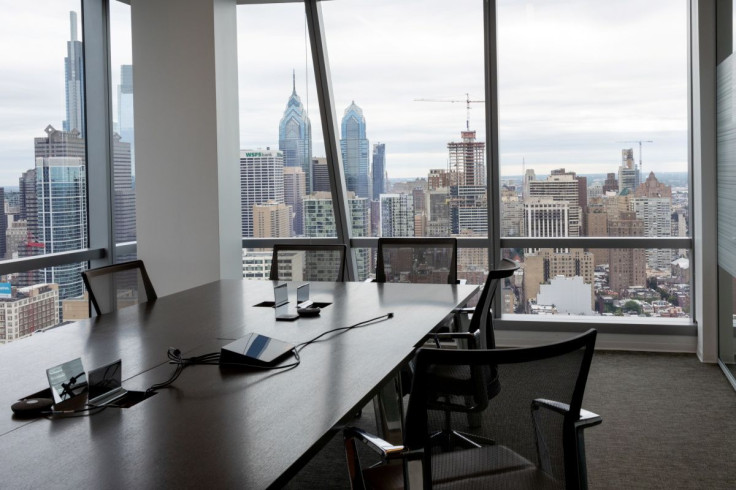How The Office Workplace Could Look In 2023
The new year that is about to begin will be a battleground for the future of the office as a core workplace.
For years, the office was the place to work, while the home was the place to rest, take care of family, and enjoy leisure activities.
The pandemic and the rapid spread of digitization changed this tradition. It gave rise to hybrid and remote work models, which gave employees a say regarding flexibility and where they work.
But according to new research from smarter job search engine Adzuna, there are early signs that this trend may be ebbing. Employers have become firmer on mandatory return-to-office policies; the proportion of roles specifying they are 'office-based' has risen to a 19-month high of 4.2%.
"Employers are becoming more polarized in their approach to flexible working," said Paul Lewis, Chief Customer Officer at Adzuna. "In one camp, the likes of Elon Musk are mandating a return to the office, with the Tesla CEO recently asking Twitter employees to prepare to work 40 hours a week on-site. And he's not the only one, with companies including Morgan Stanley and Goldman Sachs also adopting a non-flexible approach. In the other camp, some employers have become remote first, or guarantee flexible working as tactics to attract new talent."
Laura Mills, Head of Early Career Insights at Forage, has seen signs of more employees returning to the office in 2022, too. Moreover, she expects this trend to continue in 2023 as employers become increasingly concerned about management issues like worker productivity, training, team development, and company culture.
But she thinks employees need to prepare to give up the freedom, autonomy, and perks of the pandemic-related work-from-home movement. Furthermore, a tight market for talent gives employees the upper hand on the future of work.
"So, while, yes, full-time remote roles will be fewer and far between in coming months, we're unlikely to see a full return to pre-pandemic work-from-home policies (or lack thereof)," she concluded. "Instead, companies will offer fully remote roles more selectively. And many organizations are likely to embrace a hybrid model for their workforce, requiring employees, for instance, to spend select hours, work days, or weeks in office."
Annie Dean, Head of Team Anywhere at Atlassian, thinks requiring office attendance is outdated.
"Forcing people to work together in person as the default is the most expensive and least inclusive way of working," she said. "I imagine these companies think that bringing everyone under the same roof is driving efficiencies and building culture. But, in fact, they are doubling down on a model that holds back underrepresented groups, not to mention driving low morale, frequent absences, and poor productivity in an already raging flu season."
Pavel Bahu, Global HR Head at Trevolution Group, sees the nature of the office changing dramatically over the next five years, becoming a mixture of office space we are all familiar with and the possibility to individualize your workspace.
"I think huge open spaces are going to be broken down a bit into some departmental open offices," he said. "I also strongly believe that more things will happen on the premises because commuting will get harder. In addition, more businesses will potentially offer facilities that could save time for employees, such as a gym, perhaps a kindergarten, and anything that employees might benefit from having in-house."

© Copyright IBTimes 2025. All rights reserved.






















